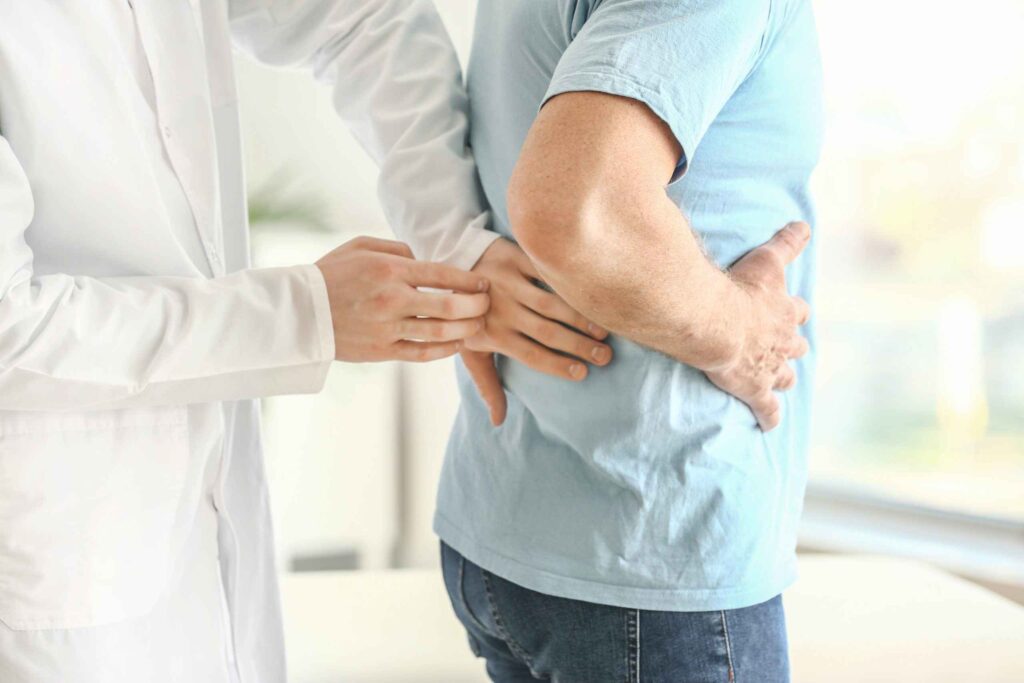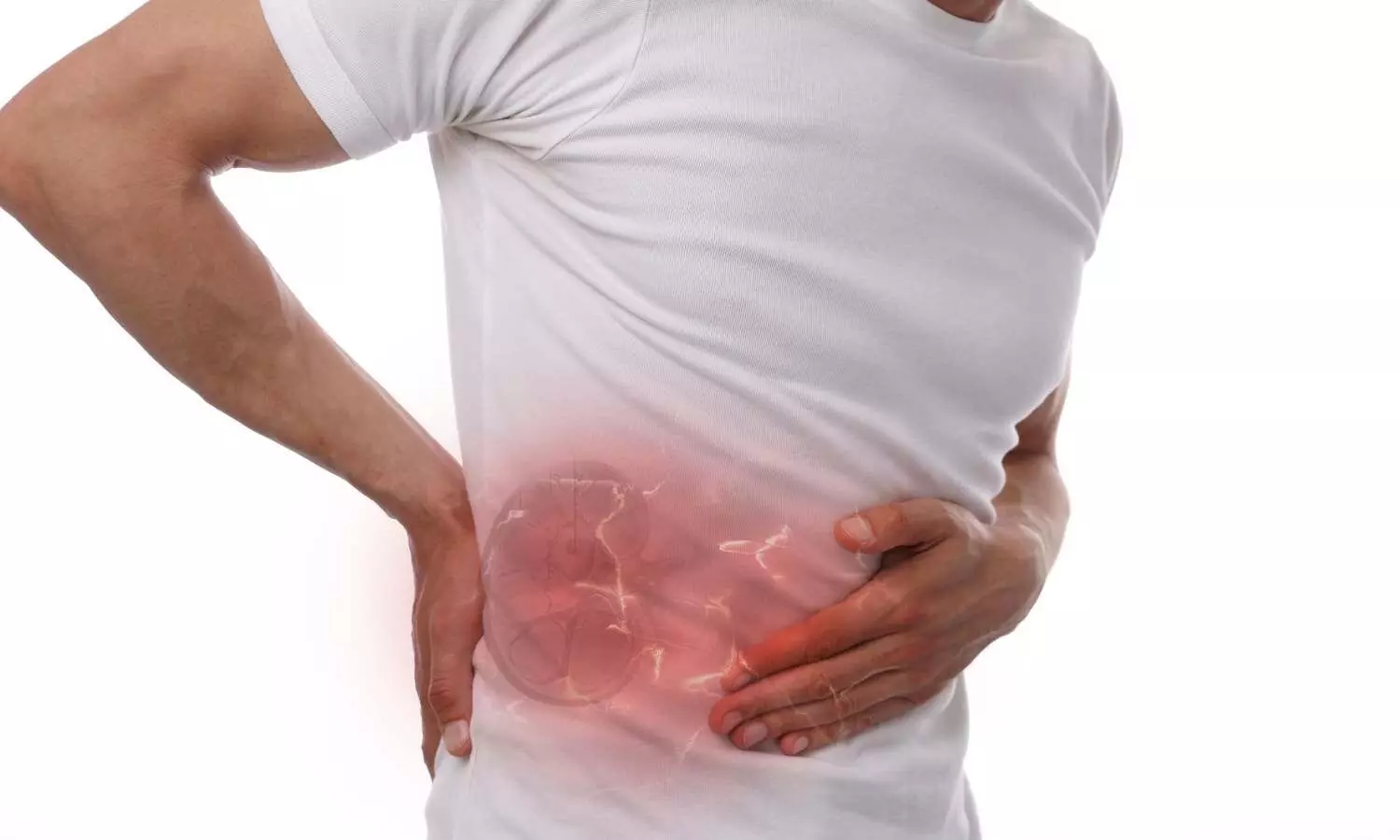Introduction
Kidney stones, also known as renal calculi, are hard deposits made of minerals and salts that form inside your kidneys. These tiny yet mighty structures can cause significant discomfort and pain. In this blog post, we’ll explore the science behind kidney stone formation, risk factors, symptoms, and prevention strategies.
Understanding Kidney Stones
What Are Kidney Stones? Kidney stones, also known as renal calculi, are hard deposits that form within the kidneys. These tiny structures consist of minerals and salts, and they can cause significant discomfort and pain.
Types of Kidney Stones
- Calcium Oxalate Stones: These are the most common type of kidney stones. They form when excess calcium and oxalate combine in the urine.
- Uric Acid Stones: High levels of uric acid lead to the formation of uric acid stones.
- Struvite Stones: These stones are associated with urinary tract infections (UTIs).
The Formation Process
Crystal-Forming Substances
- Calcium Oxalate Stones: These stones form when excess calcium and oxalate combine in the urine.
- Uric Acid Stones: High levels of uric acid lead to the formation of uric acid stones.
- Struvite Stones: These stones are associated with urinary tract infections (UTIs).
Lack of Preventive Factors
Kidney stones form when the delicate balance between crystal-forming substances and protective factors is disrupted. Here are some key factors contributing to stone formation:
- Dehydration: Insufficient water intake leads to concentrated urine, promoting crystal formation.
- Diet: Consuming foods high in oxalate (like spinach and chocolate) or salt can increase stone risk.
- Genetics: Some individuals are genetically predisposed to kidney stones.
- Medical Conditions: Conditions like hyperparathyroidism or gout elevate stone risk.
Understanding these factors empowers us to take proactive steps in maintaining kidney health!
Kidney Stones: Formation and Symptoms

Kidney stones, also known as renal calculi, form when your urine contains an excess of crystal-forming substances such as calcium, oxalate, and uric acid. Simultaneously, your urine may lack substances that prevent these crystals from sticking together. This creates an ideal environment for kidney stones to develop.
Common symptoms of kidney stones include:
- Sudden Sharp Pain: You may experience intense pain in your back and below the ribs.
- Burning Sensation: Discomfort while passing urine.
- Radiating Pain: Severe pain that radiates to the lower abdomen and groin.
- Other Symptoms: Fever with chills, vomiting, nausea, cloudy or foul-smelling urine, reddish discoloration of urine, incomplete urination, increased frequency of urination, and a constant urge to urinate.
Diagnosis Methods
To diagnose kidney stones, doctors use various methods:
- Imaging: X-rays, CT scans, or ultrasounds help visualize the stones.
- Urine Tests: Analyzing urine for crystals, blood, and other abnormalities.
- Blood Tests: To check for elevated levels of certain substances associated with kidney stones.
Remember, if you experience symptoms, seek medical attention promptly. Kidney stones can lead to serious complications if left untreated.
Treatment and Prevention

Passing Small Stones Naturally
When dealing with small kidney stones, some people can pass them naturally. Here’s how:
- Stay Hydrated: Drinking plenty of water helps flush out the stones. Aim for at least 2 to 3 quarts of water per day.
- Citrus Juices: Orange or grapefruit juices can be beneficial.
- Dietary Choices: Include celery, Brussels sprouts, cucumber, watermelon, and asparagus in your diet.
Medical Interventions
For larger stones or severe pain, medical interventions are necessary. These include:
- Pain Management: Relieving acute pain during an episode.
- Stone Removal: Procedures like lithotripsy to move the stone out of the ureter.
- Medications: Alpha blockers to aid stone passage.
- Imaging: X-rays, CT scans, or ultrasounds to visualize the stones.
Lifestyle Changes to Prevent Recurrence
After kidney stone treatment, consider these lifestyle adjustments:
- Diet: Follow nutrition guidelines for cancer prevention. Eat a variety of vegetables, whole fruits, and whole grains. Limit red meat and sugary beverages. Maintain a healthy weight.
- Physical Activity: Regular exercise can reduce the risk of recurrence.
- Limit Alcohol: Moderation is key; women should have no more than 1 drink a day, and men no more than 2.
Debunking Myths and Facts
- Myth: Only Older People Get Kidney Stones
- Fact: While older adults are more prone to kidney stones, they can occur at any age. Lifestyle factors and genetics play a significant role.
- Myth: Drinking Milk Causes Kidney Stones
- Fact: Consuming moderate amounts of milk and dairy products does not directly cause kidney stones. In fact, some studies suggest that dairy may reduce the risk.
- Myth: All Kidney Stones Are Painful
- Fact: Small stones may pass without causing noticeable pain. However, larger stones can be excruciating and require medical attention.
- Myth: Cutting Calcium Intake Prevents Stones
- Fact: Reducing calcium intake can actually increase the risk of kidney stones. Adequate calcium is essential for preventing oxalate absorption.
- Myth: Cranberry Juice Dissolves Stones
- Fact: Cranberry juice does not dissolve kidney stones. It may help prevent urinary tract infections but has no direct impact on stones.
- Myth: High-Protein Diets Cause Stones
- Fact: While excessive animal protein can contribute to stone formation, a balanced diet with adequate hydration matters more.
Conclusion
Kidney stones, also known as renal calculi, form when your urine contains an excess of crystal-forming substances—such as calcium, oxalate, and uric acid—compared to the fluid available for dilution. Simultaneously, your urine may lack substances that prevent these crystals from sticking together. This creates an ideal environment for kidney stones to develop.
Remember, staying hydrated and maintaining a balanced diet can help prevent these pesky little formations. If you ever find yourself dealing with kidney stones, consult a healthcare professional for proper guidance and treatment.
FAQ’s
Q: What are kidney stones?
A: Kidney stones are hard deposits made of minerals and salts that form inside your kidneys. They can vary in size and may cause severe pain when passing through the urinary tract.
Q: How do kidney stones form?
A: Kidney stones form when your urine contains more crystal-forming substances—such as calcium, oxalate, and uric acid—than the fluid in your urine can dilute. At the same time, your urine may lack substances that prevent crystals from sticking together, creating an ideal environment for kidney stones to form.
Q: What are the common symptoms of kidney stones?
A: Symptoms may include severe pain in the side and back, below the ribs, pain that radiates to the lower abdomen and groin, pain that comes in waves and fluctuates in intensity, pain during urination, pink, red, or brown urine, nausea and vomiting, and frequent urination.
Q: How can I prevent kidney stones?
A: Prevention strategies include drinking plenty of water to stay hydrated, eating fewer oxalate-rich foods if you’re prone to calcium oxalate stones, reducing salt and animal protein intake, and maintaining a healthy body weight.




